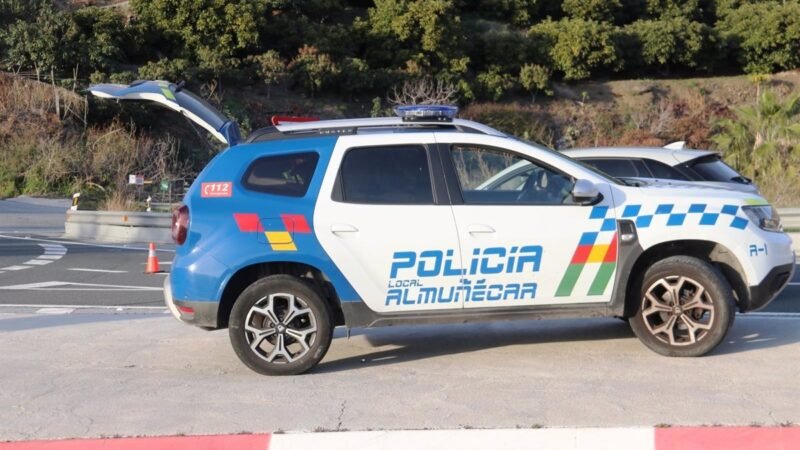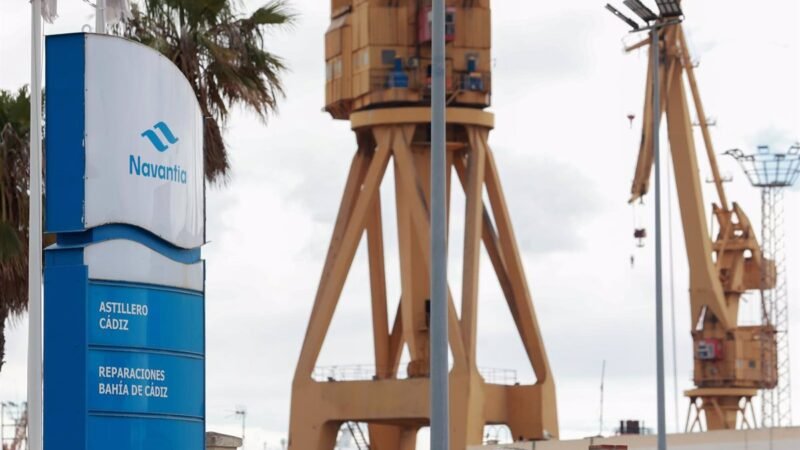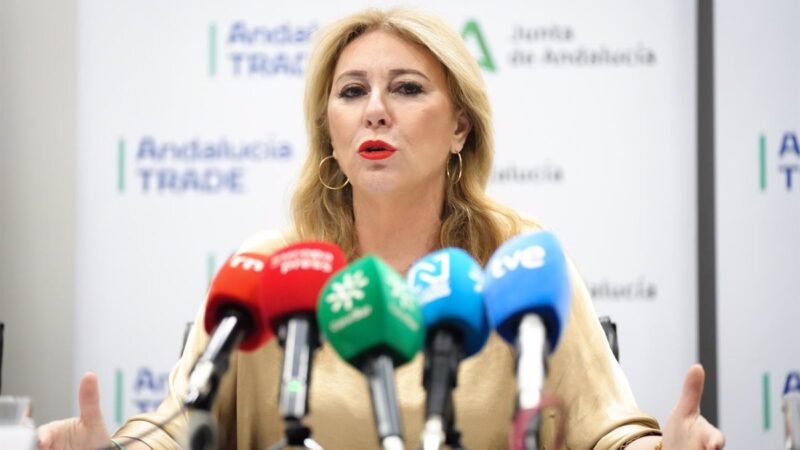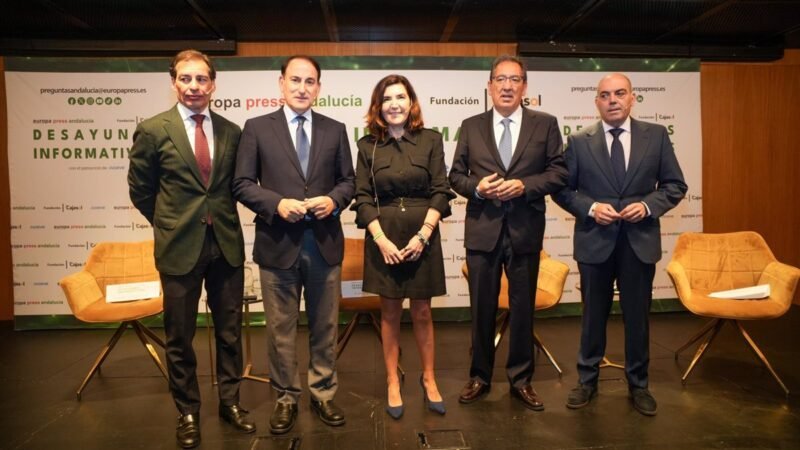El rey Felipe abre foro sobre futuro del Mediterráneo en Granada

Before presiding over the delivery of the Princess Girona School of the Year at the Purísima Special Education Center
King Felipe VI will open on Thursday the forum on the future of the Mediterranean, organized at the Granada Congress Palace until Friday, within the Spanish presidency of the Parliamentary Assembly of the Union. This forum will bring together parliamentary representatives from the member states to discuss migratory movements, climate change, employment, and gender equality in the Mediterranean region, among other topics.
The opening session will start at 12:30, with the welcome speech from the President of the Congress of Deputies, Francina Armengol, and the President of the Senate, Pedro Rollán. Then, the Mediterranean curator, Dubravkka Sica, will give the conference on the «New Pact for the Mediterranean.» And, finally, the king will take the floor.
Previously, Felipe VI will preside over the delivery of the Princess Award at the Girona School of the Year at the Special Education Center of La Purísima Girona School for Special Education, which serves students with special educational needs, such as functional, cognitive, physical/motor, and emotional challenges.
The king will get to know the educational center and the innovative projects it works on, after the awards jury chose it for «its leadership in inspiring projects that lead us towards a truly inclusive school.» After visiting the facilities, the award will be presented at an event with families and the entire educational community.
The first session of the forum on the future of the Mediterranean, starting at 2:30 p.m., will focus on the «Alliance of Civilizations: Peace and Stability in the Mediterranean Region» and will be moderated by the President of the Congress, Francina Armengol.
In it, the Secretary-General of the Union for the Mediterranean, Nasser Kamel, will take the floor; the Executive Director of the Anna Lindh Foundation, Josep Ferré; and the President of the Business, Security, and Human Rights Committee of the Parliamentary Assembly of the Union for the Mediterranean, Giuseppe Antoci, to present the conclusions of the Political Commission Meeting on the situation in the Middle East.
During this session, the Directorate-General for the Mediterranean of the European Commission will present the role of the European Commission in addressing common challenges in this region. Following that, at 4:00 p.m., the second session of this parliamentary conference will take place, focusing on the specific challenges of migratory movements in the Mediterranean.
It will be moderated by the President of the Egyptian Chamber of Representatives, Hanafy Gibaly, and the Secretary of State for Migration, Pilar Cantala, will also take the floor. Additionally, the 2025 report from the Euro-Mediterranean Regional and Local Assembly (ARLEM) will be presented on «territorial fishers for the future of the Euro-Mediterranean agenda.»
On Friday, the third session of the forum on the future of the Mediterranean will start at 10:00 a.m. Specifically, the topic of climate change will be discussed with the President of the Chamber of Representatives of Morocco, Rachid Talvi El Alami. In this session, the ARLEM report on «a sustainable energy transition in the Mediterranean» will be presented.
Employment for youth and gender equality are other challenges to be studied on this day. Therefore, starting at 11:30 a.m., the Vice-President of the European Parliament, Pina Picierno, will moderate this session, in which the participation of the second Vice-President and the Minister of Social and Solidarity Economy, Yolanda Díaz, will be scheduled.
Also participating will be the Rapporteur of the European Economic and Social Committee on the opinion of «Youth participation in social and civil dialogue in the Mediterranean region» and the Gender Equality Project Manager in the Social and Civil Business Division of the Union, Anna Doraangrichia.
The closing session will take place on Friday starting at 1:00 p.m. and will feature interventions from the President of the Egyptian Chamber of Representatives, Hanafy Gibaly; the President of the Chamber of Representatives of Morocco, Rachid Talbi El Alami; the Vice-President of the European Parliament, Pina Picierno; and with the President of the Congress of Deputies, Francina Armengol. This parliamentary forum will conclude with the adoption of the declaration on the future of the Mediterranean.
On Wednesday, as part of the «Garden of Peace: The Olive as a universal symbol of peace» initiative, the presidents and heads of delegations were invited to plant an olive tree from their region of Carlos V.
The Union for the Mediterranean, initially called the «Barcelona Process: Euro-Mediterranean Association,» is an international organization that currently brings together 43 countries. It has a European component, composed of all the member states of the European Union, and a Mediterranean component, composed of countries from North Africa, the Balkans, and the Middle East.
The Parliamentary Assembly of the Union for the Mediterranean (APUM) was established with the task of assisting, promoting, and contributing to the consolidation and development of the Barcelona Process. Currently, the four co-presidents of the Assembly between 2020-2026 are composed of the European Parliament, the Moroccan Parliament, the General Courts, and the Egyptian Parliament.
The theme chosen by the Spanish presidency for the 2024-2025 meetings is the immigration situation in the Mediterranean from a comprehensive perspective.
Based on this, the General Courts will hold meetings during the presidency sector intending to address all issues related to migratory movements, with the presidents and vice-presidents of the Union Parliament members for Mediterranean participation, in addition to other invited international organizations.
In this regard, in January, Lanzarote hosted the meeting of the presidents of parliaments in South and North Africa, where a common declaration was adopted to cover a humanitarian and development policy to manage migratory flows more efficiently.
FUENTE







